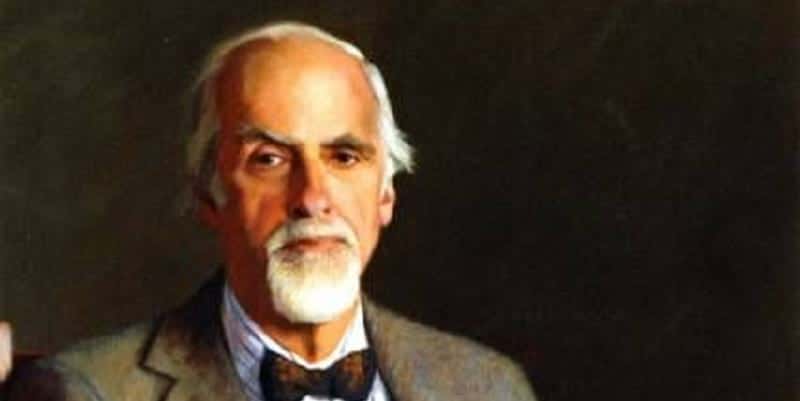
Do you sometimes wonder why you have always liked to take up some particular kind of tasks? Or why is it that you would always get into arguments with people? You can get possible explanations to these questions if you think about what motivates you. David McClelland, an American Psychologist, created the ‘Theory of Needs’ which gives us a perspective about human motivation.
Before continuing further, you should get a basic understanding about the theories of motivation in Psychology.
Table of Contents
McClelland’s Human Motivation Theory
In 1961, McClelland published his book ‘The Achieving Society’. While analyzing the fluctuating development in the society, he put forward the theory of needs. He determined that there are three motivators that can stimulate human beings. These three factors are: Need for Achievement, Need for Affiliation and Need for Power.
He believed that out of these three, one factor will be dominant in each person; and the dominant motivator would influence the characteristics and behavior of the person. According to McClelland, a person ‘learns’ these factors from his environment and therefore, this theory is also referred to as ‘The Learned Needs Theory’.
1. Need for Achievement

The achievement motive is highly characterized by being focused and determined towards achieving the desired goals and objectives. Such people prefer to work in solitude and are willing to complete the task. They believe that they are capable enough for the work to be done and have a strong desire to accomplish their objectives. In order to motivate these achievers, you just need to keep them engaged in the task. Regular and genuine feedback is highly appreciated by these goal seekers and ultimately keeps them motivated.
As an example, a colleague who is goal oriented and ambitious can be motivated by giving them actual feedback. A spoonful of reality is the only driving force to let them understand how to improve and boost their efficiency.
2. Need for Affiliation

Unlike achievers, the affiliation motive is driven by being communal and gregarious. These individuals often favor groupism and work efficiently as a part of the team. According to McClelland, these folks believe in coordination and cooperation as the very essence of success and eventually strive for the same. This is because they want to achieve the feeling of belongingness to a group.
They have a constant need to be liked by others and to win their approval. This is also why McClelland suggests that they like to collaborate with others instead of competing with them. Another characteristic of people with high need for affiliation is that they do not prefer uncertain tasks or those with high risks. To exemplify, if a colleague always follows the orders of your boss rigorously because he wants to be in his good books, this might be because of his high need for affiliation.
3. Need for Power

Power, as the word suggests, is all about authority, influence and dominion. The mortals driven by the need for power are people with high self esteem and self confidence. They believe that supremacy brings success and satisfaction. Their entire life revolves around the matter of prestige, reputation and recognition. They are extraordinarily good at winning arguments and have a skill of convincing and influencing others to follow their ideologies. The best example of a high need for power is that of a politician who is driven by his/her extensive need to retain authority and command over the public.
Think about your personality and try to apply McClelland’s Theory of Needs on yourself. Which one among the three is your dominating factor?
No matter what your dominion is, one thing that has to remain the same in all the three cases is consistency. In order to accomplish any task, being consistent is the key. Try the Evolve App now to bring about changes in your lifestyle that help you remain motivated!

Karishma Golchha is pursuing Bachelor’s in Psychology. She is very keen about the human mind and looks forward to connect with you at golchha2002@gmail.com and evolve together!
